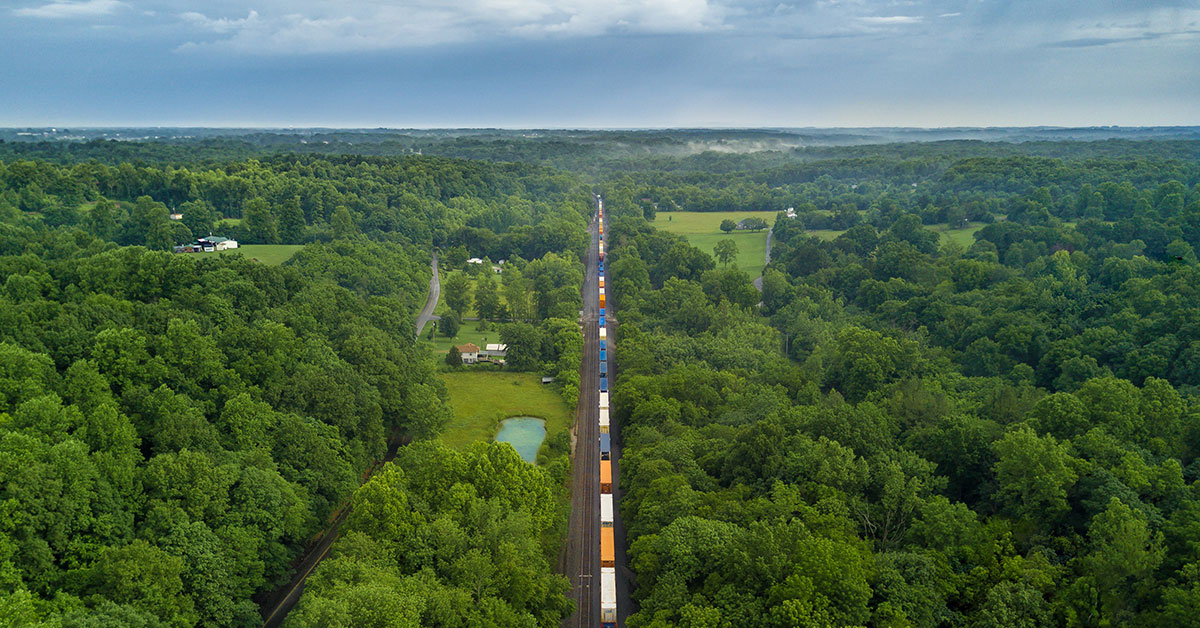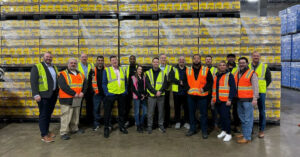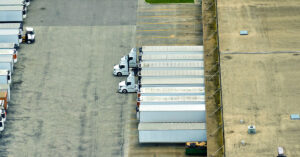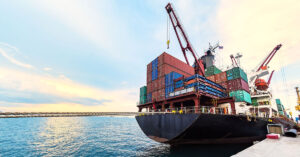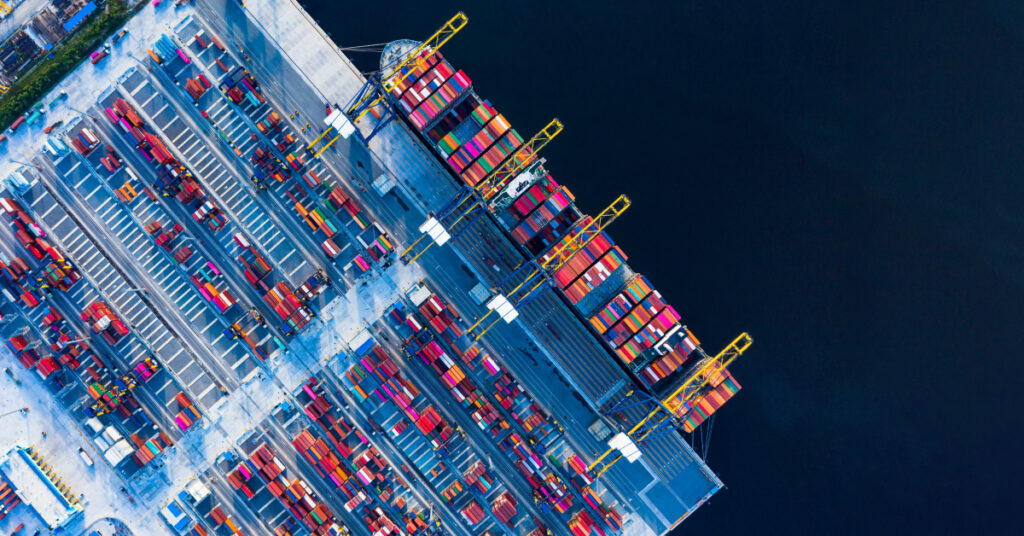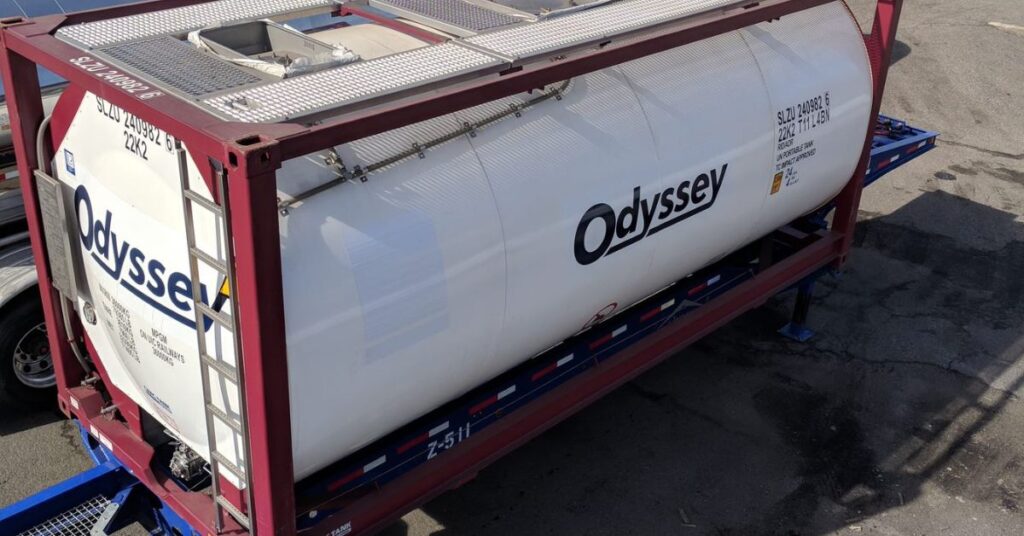By Victor Thomas, VP HSSE, Odyssey Logistics
There is a shift happening in logistics today — especially for companies managing chemicals, metals, and other high-risk materials. While regulations on transportation emissions remain limited, expectations around sustainability and reporting are rising quickly.
Logistics decisions are being reviewed differently
It’s important to note that the focus hasn’t shifted away from performance, but instead it’s just expanded. Teams need the right structure and systems in place to show how logistics strategy supports the business — not just getting a shipment from point A to B.
Technology strengthens sustainability strategies
As expectations rise, so does the need for better tools. AI and automation are playing a growing role in how companies plan, monitor, and improve transportation strategy. At Odyssey, we use advanced modeling and predictive analysis to help customers simulate different routing and network scenarios — improving both cost and carbon performance.
Whether it’s identifying inefficiencies, improving fuel usage, or optimizing lane selection, these technologies give teams the visibility and structure needed to plan more effectively and deliver on both performance and sustainability goals.
In high-risk and high-stakes environments, that clarity becomes critical. Odyssey’s CloverLeaf™ program plays a key role within our platform, combining operational expertise with the digital infrastructure needed to support smarter, more accountable supply chain decisions.
Multimodal logistics enables better outcomes
As companies work to reduce emissions, manage risk, and adapt to infrastructure constraints, multimodal strategies are becoming essential. Intermodal, road, and marine can be combined to meet performance targets while supporting environmental goals — especially when movements are coordinated end to end.
These shipments can be complex, but they don’t need to feel fragmented. With consistent oversight across each leg, shippers gain better visibility, stronger control, and clearer context for decisions.
The goal is smarter decisions, not more complexity
Odyssey works with companies to map and model what’s happening across lanes, modes, and facilities. That includes identifying inefficiencies, testing new routing options, warehouse rationalization, and building strategies that connect operational decisions to business outcomes.
Whether the pressure is coming from regulatory reporting requirements, internal reviews, cost targets, or customer requirements, we help teams act on what’s in front of them — and prepare for the future.
